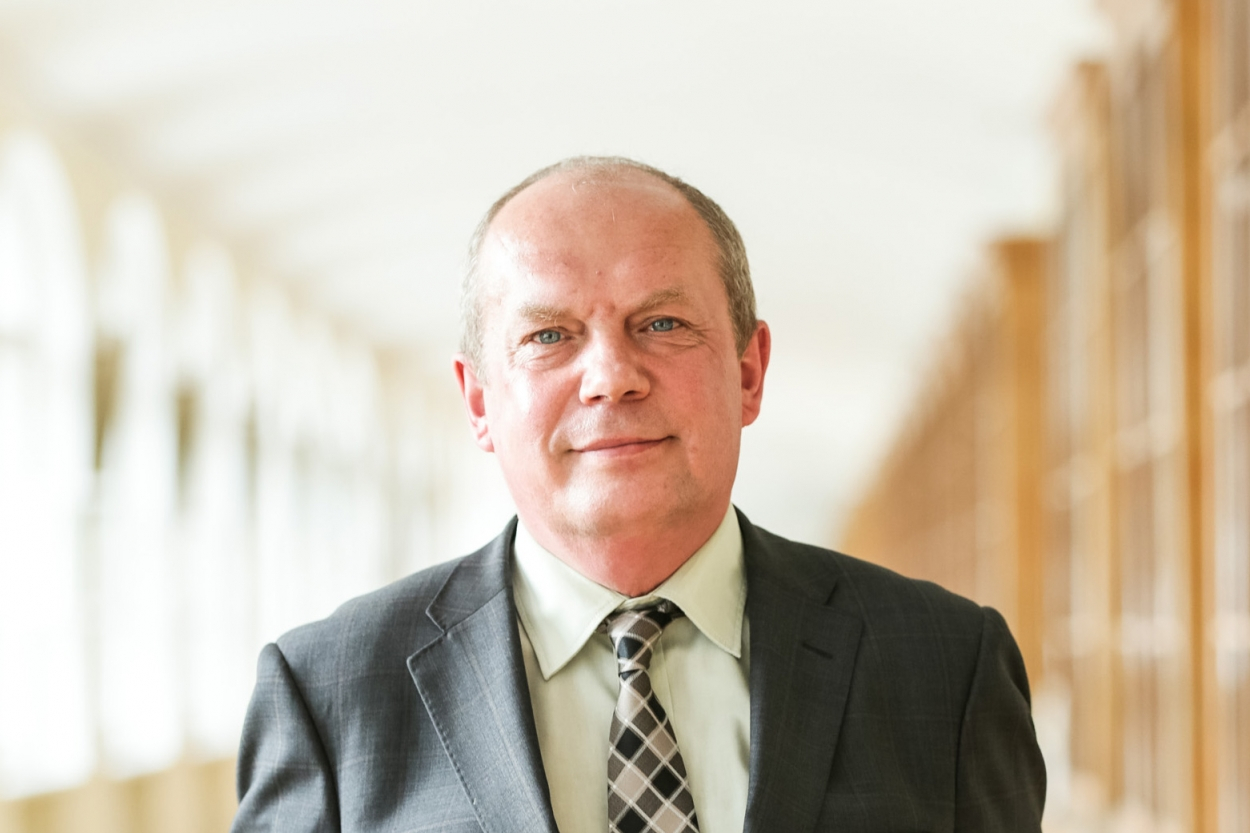To boost effectiveness of our Arctic projects: SPbU Vice-Rector

Up to January 23, you can submit your application to take part in the competition of interdisciplinary research at SPbU in 2018-2020. Among the overarching priorities is Investment potential of the Arctic zone of Russia: opportunities, challenges, and solutions. SPbU Vice-Rector for Research Sergei Aplonov told us through how we develop our Arctic research projects and what we are planning in the field.
Is the University successful in implementing the project with a focus on the Arctic?
In 2017, we had 32 research projects with a focus on the Arctic and with the total sum of 35 mln rubles. We launched three expeditions. In terms of the number of and scope of the research projects are the scientists from the Institute of Earth Sciences (24 projects) and Biology (5 projects), followed by the researchers in international relations and study of the indigenous peoples of the North. The key indicator of how successful the project is seems to be a number of the publications, which has increased for the last three years. In 2014, we published 35 articles, while in 2016 we prepared 76 publications and submitted to the journals indexed in the Web of Science Core Collection. If you ask me whether it is a small or a big number, I think it is a small number for such university as SPbU. So our University has a great potential in the field.
What makes the Arctic projects different?
All industrial projects in the Arctic (geological exploration or bio resources exploration) are rather costly. It makes each our mistake cost more for us. It means that we have to bring together various fields of research at the preparation stage to make each business project work. It implies that interdisciplinary projects are going to be the most successful that bring together ecology, international relations, oceanology, and others. Bringing together various fields of science is not enough. What we need is to collaborate with our international partners as the Arctic is an area that stirs interest globally. In this respect, we cannot ignore what our colleagues have achieved. St Petersburg University is dynamic in developing a wide range of research fields, can boast broad international contacts. The only thing that we miss is synergy of the current projects and their planning.
How is SPbU going to develop the research in the Arctic?
Primarily, we should focus on cementing ties with state sector and industry. The University, unfortunately, has no state contracts yet. If we continue to think as we got used to, we are doomed to be only subcontracting party of the main institutions that focus on the Arctic research. However, the situation we are in makes us think that acting as a general contractor can benefit the University more as it can bring together the experts and researchers from various fields, boast a unique Research Park, and gain access to the information resources. SPbU shouldn’t do everything by its own. We are open university and we give opportunities for others to work and collaborate with us. We have to alter the way we operate in the Arctic. SPbU has everything to be a centre that integrate all areas in the Arctic research.

